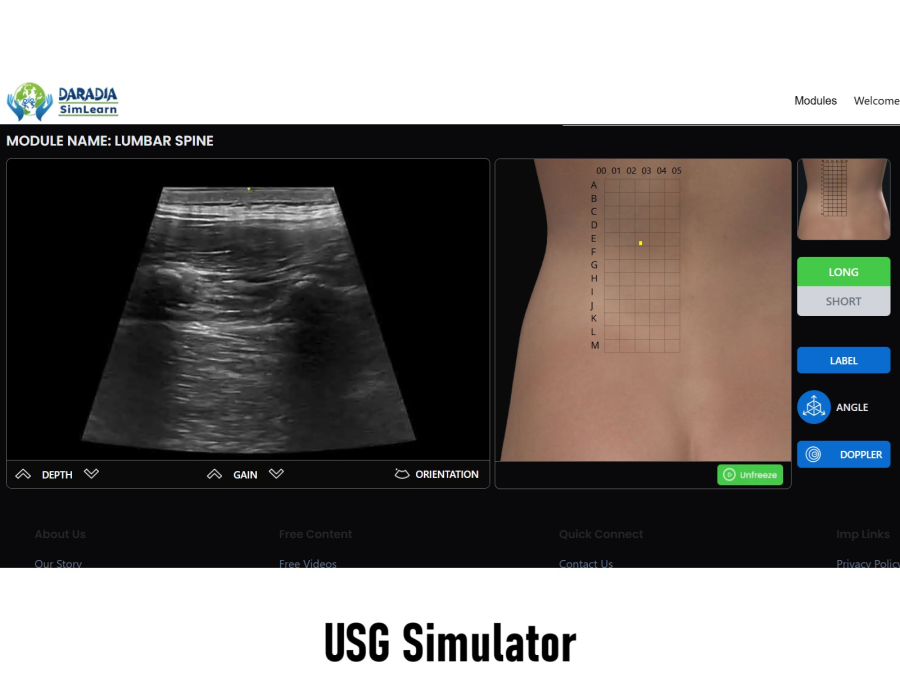What is a Pain Medicine Fellowship?
A pain medicine fellowship is a postgraduate training program that typically lasts one year. During this period, physicians acquire in-depth knowledge of various pain syndromes, from acute postoperative pain to chronic conditions such as neuropathy, fibromyalgia, and cancer-related pain. The fellowship emphasizes both pharmacologic and interventional approaches, including nerve blocks, spinal cord stimulation, and other minimally invasive procedures.
Core Components of a Pain Fellowship
Clinical Training: Fellows participate in outpatient clinics, managing diverse patient populations. They learn to develop multimodal pain treatment plans tailored to individual needs. pain fellowship The clinical component also involves hands-on experience with procedures like epidural injections, sympathetic blocks, and implantable devices.
Multidisciplinary Approach: Pain medicine is inherently multidisciplinary, often involving collaboration with physical therapists, psychologists, and other specialists. Fellows gain skills to coordinate comprehensive care plans that address physical, emotional, and psychological aspects of pain.

Research and Education: Many programs incorporate research components, encouraging fellows to contribute to advancing pain management practices. Educational activities include lectures, case discussions, and participation in conferences.
Certification and Accreditation: Completing a pain medicine fellowship often prepares physicians for board certification in pain medicine, an important credential that demonstrates specialized expertise.
Why Pursue a Pain Medicine Fellowship?
Opting for a pain fellowship enhances a physician’s ability to deliver state-of-the-art care. It prepares clinicians for careers in academic medicine, hospital-based practice, or private clinics. Moreover, with the increasing prevalence of chronic pain conditions worldwide, specialists in pain medicine are in high demand.
Choosing the Right Pain Fellowship Program
When selecting a pain medicine fellowship, consider factors such as program accreditation, faculty expertise, research opportunities, and clinical volume. Some programs may emphasize interventional techniques, while others focus more on pharmacology or multidisciplinary approaches. Prospective fellows should align their career goals with the strengths of the program.
The Path Forward
For physicians interested in further specializing in pain management, a pain fellowship offers a comprehensive, hands-on learning experience. It equips clinicians with the skills necessary to improve patient outcomes and advance the field of pain medicine. The journey involves dedication and commitment, but the rewards include professional growth and the ability to make a meaningful difference in patients' lives.





Comments